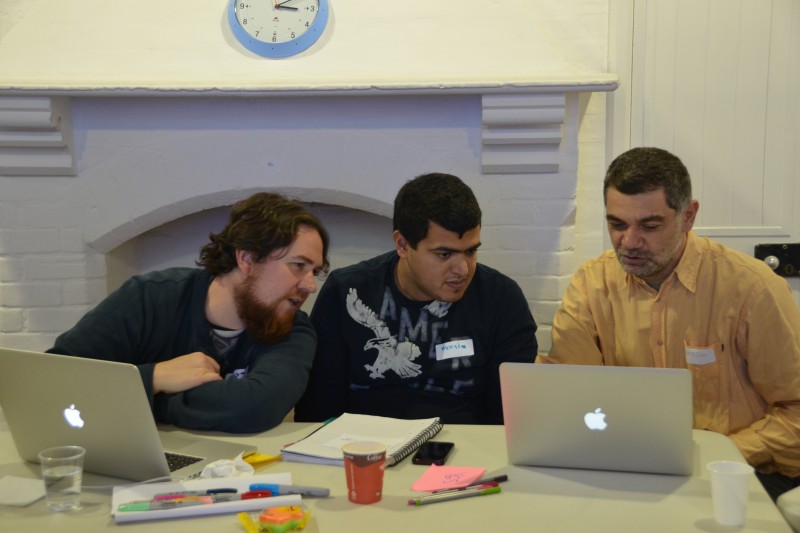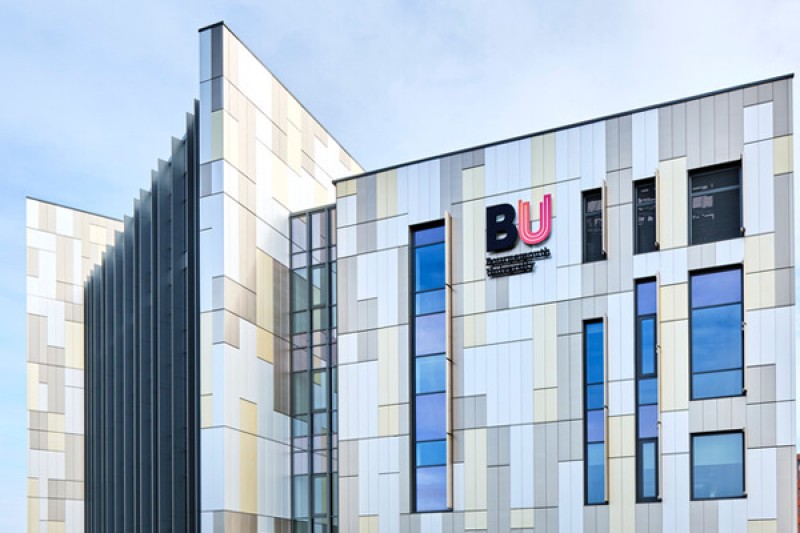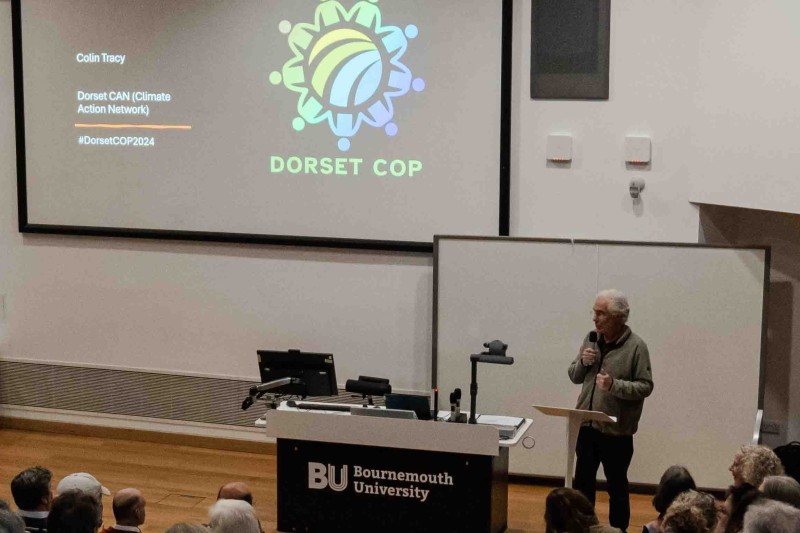A week of activity at Bournemouth University celebrated social science research, with 17 events held as part of the Economic and Social Research Council’s (ESRC) Festival of Social Science.
Events hosted by BU from the 7 – 14 November covered everything from safeguarding vulnerable adults to the effects of mobile working on family life - with members of the public, industry and academics attending free activities across the week.
An event held by BU’s Dr Dinusha Mendis looked at the implications of copyright reform, one year on from major changes to copyright law. Speakers at the event included Cassetteboy, who create comedy ‘mash-up’ videos online using existing content and had been directly affected by exemptions to the law around parody.
Cassetteboy said: “What the changes have done have legitimised what we were doing already and have made it possible to get paid for the work that we’ve been making for years up until the law was changed.”
They added: “It seems like people from Bournemouth University had a very big impact on the change in the law, they did a lot of work around it, and so it’s great to meet some of the people who’ve helped us.”Dinusha Mendis, Co-Director of the Centre for Intellectual Property Policy and Management (CIPPM) at BU, said the event aimed to reflect on the changes that the copyright reform had made over the past year, both from academics and for people within the industry.
“We are really honoured and excited to have Cassette Boy because they really are a living example of what happened with the change of the law,” she said.
“They are a team of artists who were doing parody work before but at the time the law silenced them, which meant that what they were doing was actually illegal.
“To see the way they have embraced the exception, and also the way the exception has helped them, has been quite amazing.”
Another event held by BU during the ESRC Festival looked at data storytelling for social sciences, and how to visualise and communicate data to a wide range of audiences.
BU Senior Lecturer in Storytelling Brad Gyori led the workshop.

He said: “The idea is to take big data and think in terms of turning statistics into narrative and compelling stories by using things like character and plot, and seeing how these things can help take something that might otherwise be seen as a piece of dry data, humanise it and also help audiences grapple with the complexities.”
Emmeline Booth, an editorial assistant at humanitarian news organisation IRIN News, was among those who attended the event.
“I’m here because I quite like data visualisation,” she said. “It’s a great way to translate complex issues to the public.
“[The event’s] been great. We’ve learnt more about ways to create narrative around it, to make it even more accessible, to make it even more interesting.”
The ESRC Festival of Social Science aims to give an insight into the country’s leading social science research and its impact and influence on social, political and economic knowledge and policy.
Professor John Fletcher, Pro Vice Chancellor of Research and Innovation at Bournemouth University said: “From shaping public policy, to strengthening the economy, to helping us to understand our world, the influence of social science can be found all around us.
"Here at Bournemouth University, many of our researchers work in social science disciplines and, in so doing, make a real difference to the world around us.
"Participating in the ESRC’s Festival of Social Science is a great opportunity for us to share that work.”



